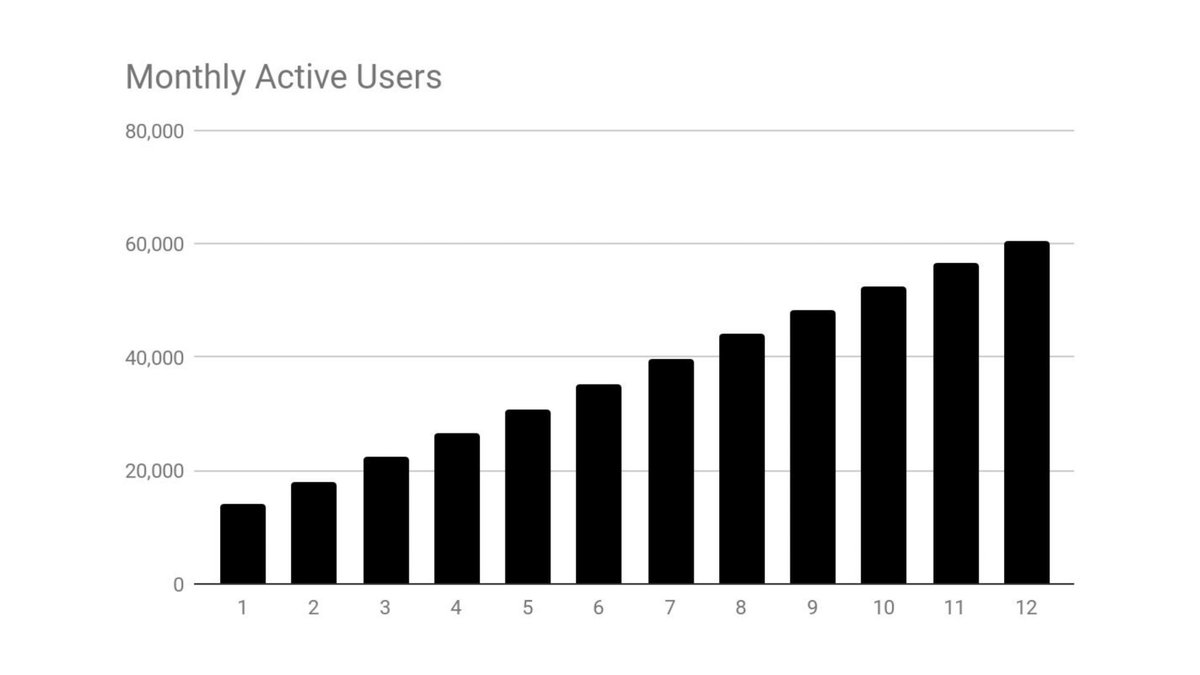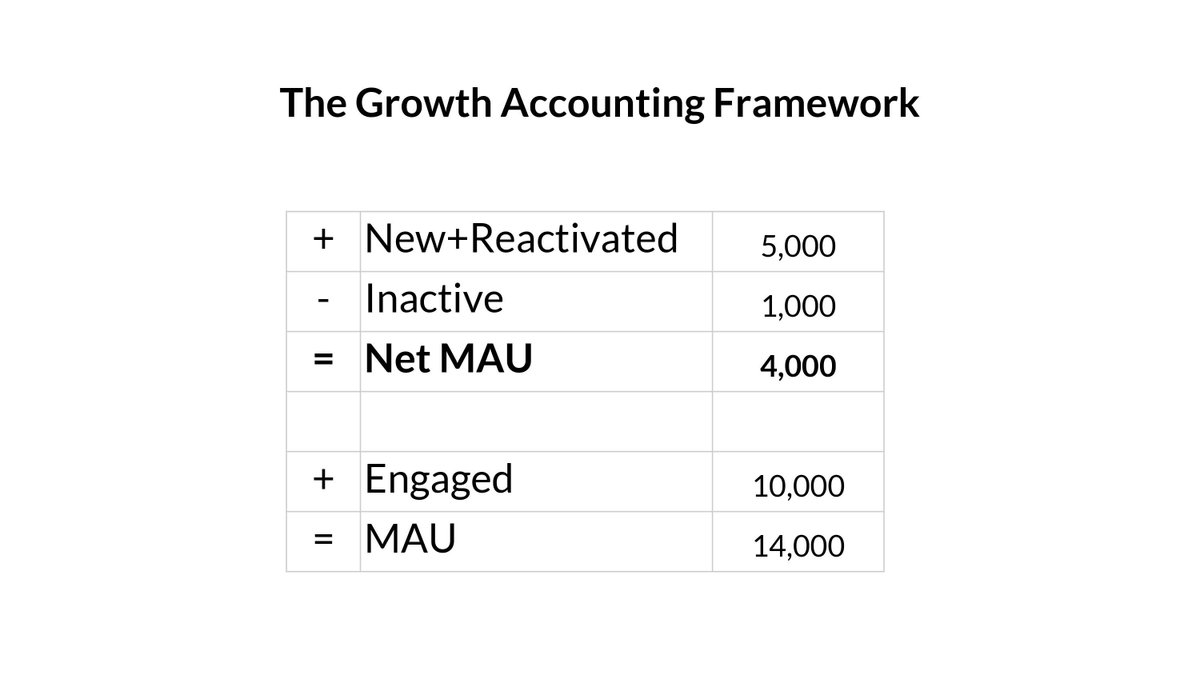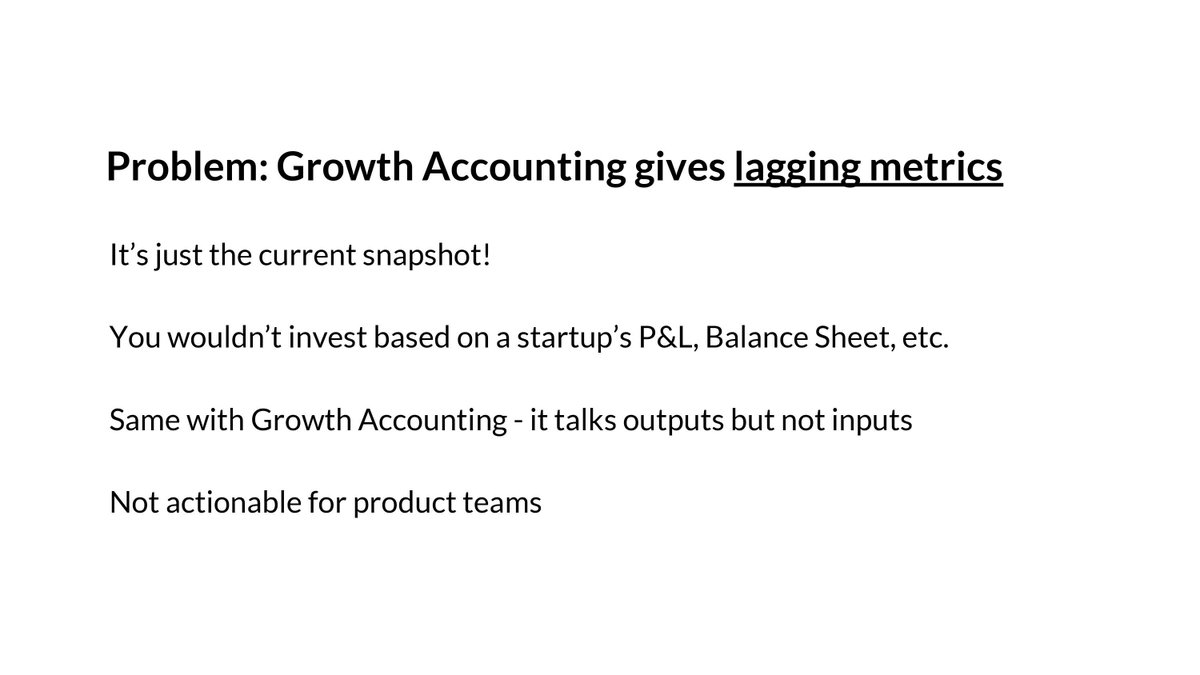
A year ago 22 Muslims were killed and thousands were booked under draconian charges while being brutally tortured in police custody in 2019 during the brutal crackdown by UP police against ANTI-CAA protestors.
Sharing a crux of our fact finding report in UP last year


Among the arrested and now released,we met Ravi & Ekta Shekhar, climate change activists who were parents of a breast-fed infant child,2/3

S.R. Darapuri (former IAS officer ), @sadafjafar(Social activist ), Advocate Mohammad Shoaib (Lawyer) 3/1
Dipak Kabir who just went to see sadaf jafar in Police station was arrested by Police & was repeatedly called “ Urban Naxal “&brutally beaten up in the PS .3/3

Out of the 20 charges in various FIRs registered in Mau,some of them included charges of attempt to murder on injured protesters itself 4/2
More from Crime
Ok so there’s a conspiracy theory going around that this woman was faking her injury with an onion.
This is likely false. Onions are a folk remedy for pepper spray.
The theory, which has some merit, is that since onions make you cry, it helps flush the irritants from your eyes with natural tears.
However, this is not recommended as a treatment for pepper spray and is ultimately not very effective.
Pepper spray, tear gas, mace, CN, HC, and other agents are best removed with a flush of water or, if you have the proper mixture, saline. Nothing else.
We do not do chemistry in our eyeballs. We are not putting chemicals in our eyes. We are not putting produce in our eyes. We are removing the chemicals with safe, neutral water.
This is likely false. Onions are a folk remedy for pepper spray.
Wait, so Elizabeth from Knoxville, who claims she was maced after storming the Capitol, was dabbing her eyes with an onion towel? pic.twitter.com/99UvDcS0Rj
— Mike P Williams (@Mike_P_Williams) January 7, 2021
The theory, which has some merit, is that since onions make you cry, it helps flush the irritants from your eyes with natural tears.
However, this is not recommended as a treatment for pepper spray and is ultimately not very effective.
Pepper spray, tear gas, mace, CN, HC, and other agents are best removed with a flush of water or, if you have the proper mixture, saline. Nothing else.
We do not do chemistry in our eyeballs. We are not putting chemicals in our eyes. We are not putting produce in our eyes. We are removing the chemicals with safe, neutral water.


















